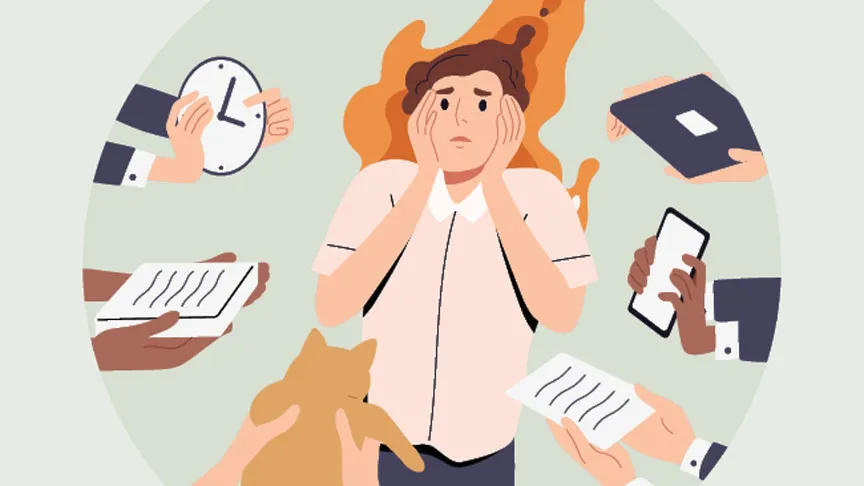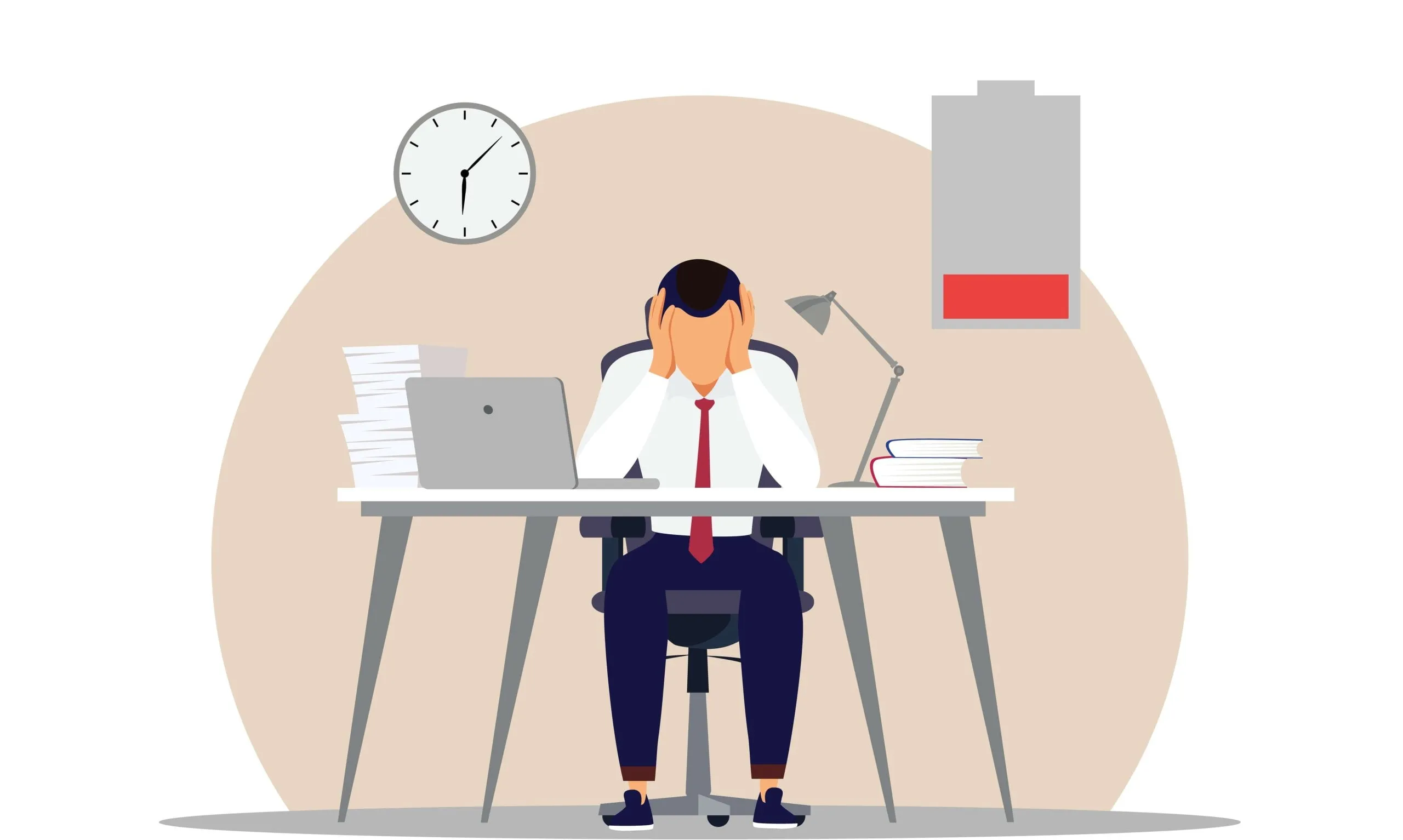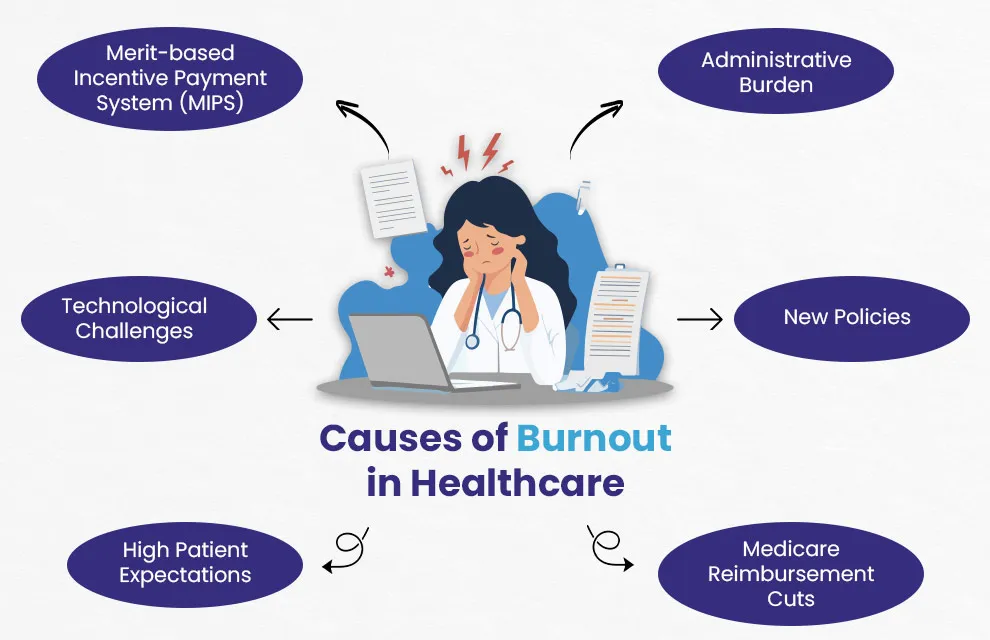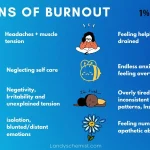In today’s fast-paced world, burnout has quietly become a global health crisis. With back-to-back meetings, deadlines, social pressures, and a constant stream of digital notifications, more people than ever are struggling with emotional exhaustion. According to the World Health Organization (WHO), burnout is now officially recognized as a syndrome resulting from chronic workplace stress that has not been successfully managed. But how do you know if you’re truly burned out—or just tired? In this article, Trongui explores the signs of burnout you need to watch out for before it spirals into a serious health problem.
What Is Burnout?

Burnout is more than just being overworked. It’s a state of emotional, physical, and mental exhaustion caused by prolonged and excessive stress. When you’re burned out, you feel drained, emotionally detached, and unable to meet daily demands—whether at work, in your personal life, or both.
Many people ignore the early signs of burnout, thinking it’s a normal part of being busy or successful. However, failing to address these signs can lead to long-term damage to your mental health, relationships, and productivity.
Top 11 Signs of Burnout to Watch Out For
Here are the most common and research-backed signs of burnout to help you identify and manage it early:
1. Constant Fatigue
Feeling tired all the time—even after a full night’s sleep—is one of the earliest signs of burnout. It’s not just physical exhaustion; it’s emotional and mental fatigue that leaves you feeling hollow inside. If you often wake up dreading the day ahead, your body might be telling you something is wrong.
2. Lack of Motivation
If you used to feel excited or passionate about your work or hobbies but now feel indifferent or disinterested, this could be burnout creeping in. Losing motivation, especially for things you once loved, is a warning sign that your energy reserves are depleted.
3. Increased Cynicism and Negativity
Burned-out individuals often become more cynical and pessimistic. You may start to feel that your efforts are pointless or that no one appreciates your work. This growing negativity can affect how you interact with others and how you view yourself.
4. Detachment or Isolation
Another major sign of burnout is feeling emotionally numb or detached from the people around you. You may begin to withdraw from friends, coworkers, or loved ones, not out of choice but due to sheer emotional fatigue. This isolation only fuels the burnout cycle.
5. Decreased Productivity and Performance

When you’re burned out, your performance at work or in school often suffers. You may find it difficult to concentrate, complete tasks, or meet deadlines. This drop in productivity is one of the most tangible signs of burnout that affects both you and those who depend on you.
6. Unexplained Physical Symptoms
Burnout doesn’t just manifest emotionally. It can show up as headaches, gastrointestinal problems, chest pain, or frequent colds due to a weakened immune system. If you’re experiencing recurring physical issues with no clear cause, stress and burnout could be the culprits.
7. Sleep Disturbances
Sleep problems—such as insomnia, difficulty falling asleep, or restless nights—are common signs of burnout. A tired mind filled with anxiety or overthinking makes it nearly impossible to rest properly, compounding your exhaustion.
8. Loss of Satisfaction
One of the more subtle signs of burnout is a lack of satisfaction in accomplishments. Even when you achieve a goal or receive praise, it may not bring you joy or fulfillment. This emotional flatness can be deeply disorienting.
9. Using Food, Alcohol, or Substances to Cope
If you find yourself relying on food, caffeine, alcohol, or even drugs to push through the day or “relax” at night, it’s a strong indicator that you’re emotionally overwhelmed. These coping mechanisms can offer short-term relief but worsen burnout in the long run.
10. Emotional Outbursts or Overwhelm
People experiencing burnout are often on edge. Small inconveniences can feel like major setbacks. If you find yourself crying unexpectedly, snapping at others, or feeling emotionally fragile, these could be red flags.
11. Feeling Trapped or Hopeless
When burnout becomes chronic, it often results in a sense of helplessness. You may feel stuck in your situation with no way out. This is one of the most severe signs of burnout and may also overlap with symptoms of depression.
What Causes Burnout?

While workload is a major factor, burnout is usually the result of several underlying causes, including:
-
Lack of control: Little influence over your schedule or decisions
-
Unclear job expectations: Ambiguous roles and responsibilities
-
Poor work-life balance: Constant overworking without downtime
-
Toxic work environments: Workplace bullying, micromanagement, or lack of support
-
Perfectionism: Unrealistically high standards for yourself
Understanding what contributes to your burnout is the first step in healing.
How to Recover from Burnout
Recovering from burnout doesn’t happen overnight, but here are practical steps to take:
-
Acknowledge it: Recognizing the signs of burnout is the first step.
-
Seek support: Talk to a therapist, coach, or trusted friend.
-
Set boundaries: Learn to say no without guilt.
-
Take breaks: Prioritize rest and non-work activities.
-
Reevaluate goals: Are your goals aligned with your values?
-
Practice self-care: Focus on nutrition, movement, and quality sleep.
-
Change your environment: If your job is toxic and non-negotiable, consider switching roles.
Why You Shouldn’t Ignore the Signs

Ignoring the signs of burnout can lead to chronic health problems such as anxiety, depression, cardiovascular disease, and even autoimmune disorders. It also affects your relationships and overall quality of life. The sooner you identify the signs, the faster you can recover and regain your sense of balance.
Conclusion: Listen to the Signs
Burnout is your body’s way of telling you something isn’t right. It’s not a sign of weakness but a call for change. By paying attention to the signs of burnout, you can make healthier choices and reclaim your energy, purpose, and joy.
At Trongui, we are committed to raising awareness about mental and physical health on a global scale. Stay informed, take action early, and prioritize your well-being—because your health is your most valuable asset.

